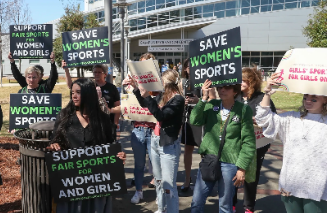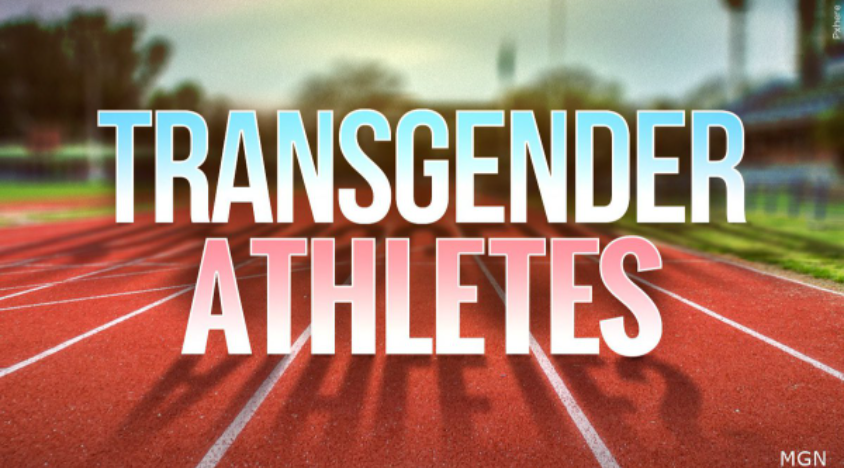Transgender Athletes and the Controversies Surrounding Them
April 26, 2022
Many controversies surrounding the topic of transgender athletes have come into play recently, sparking debate over whether or not trans athletes should be allowed to participate in sports consistent with their gender identity. A plethora of state laws and restrictions have been created to impact Transgender athletes in sports to mitigate unfairness, with the list expected to become longer.
Recently, in our home state of Pennsylvania, a bill to ban transgender females from competing in girls’ and women’s sports passed in the Pennsylvania House of Representatives on Tuesday, April 12th. The legislation passed on a 115-84 bipartisan vote. This bill covers sports from kindergarten through 12th grade, in college, and any intramural or club teams sponsored by schools. It now goes to the Senate for consideration, which has a similar bill that was approved by its education committee last Monday.

However, Gov. Tom Wolf has made it clear that he will veto the bill and has professed that it discriminates, with his spokeswoman calling it disturbing and dangerous. In a tweet, he stated “As states across the country push transphobic legislation, some Republicans in the General Assembly are wasting time attempting the same in Pennsylvania. It won’t get past my desk. Let’s enhance protections for LGBTQ+ Pennsylvanians instead. Send me the bipartisan Fairness Act.”
The most recent and arguably largest headline causing the debate to resurge, which also takes place in Pennsylvania, is the story of University of Pennsylvania swimmer, Lia Thomas. Twenty-two-year-old Lia Thomas became the first openly transgender athlete to win the NCAA women’s 500-yard (457 meters) freestyle race when she swam to victory on March 17th, with a personal best time of 4 minutes and 33.24 seconds, winning a division l title. Her time was followed by Virginia’s Emma Weyant in second place with a time of 4:34.99, and Erica Sullivan of Texas in third place with a time of 4:35.92. Thomas has followed NCAA and Ivy League rules since beginning her transition in 2019 by starting hormone replacement therapy. Her 500-yard freestyle race win has sparked many controversies over what should be done.

For three years, she swam on the University of Pennsylvania’s men’s team and after taking some time off, returned this season to join the women’s team where she became a phenom. While her times did slow since she was swimming as a man, her performances this past season impacted how to balance fairness and inclusion for transgender people all over the country. The story of Lia Thomas holds a heavy influence on the future of the NCAA and its policies regarding trans athletes. It is also a key reason why state legislatures are passing laws to ensure fairness for athletes.

So far, a third of the US states have enacted laws into existence regarding transgender athletes, including legislation passed by Kentucky this week. Many of the state bills vary and tend to have the overarching goal to make sure that sports do not become overly saturated with unfairness. While these State Houses have banned the idea of transgender athletes competing in sports, more and more governors are deciding to veto the State House.
When asked if it is expected for states to continue to pass bills on transgender athletes, Mr. Pallone, a political science teacher at the high school said, “I think you are going to see a few more states pass bills preventing trans-athletes from participating in scholastic sports. Where you will tend to see this is in more conservative states. Just last week, the Kentucky legislature (Republican) overrode the governor’s (Democrat) veto on the issue. Other states have bills in the works. I think the bigger question is, will these new laws hold up in the courts.” Many states will continue to find themselves in the same place Pennsylvania had, but the question that lies ahead is what will happen when these laws take the courts.
A lot of light has been shed on the topic thanks to Lia Thomas. Not only is it expected for the topic to linger, but certain disagreements and separation will likely continue to occur between legislatures for quite some time.



